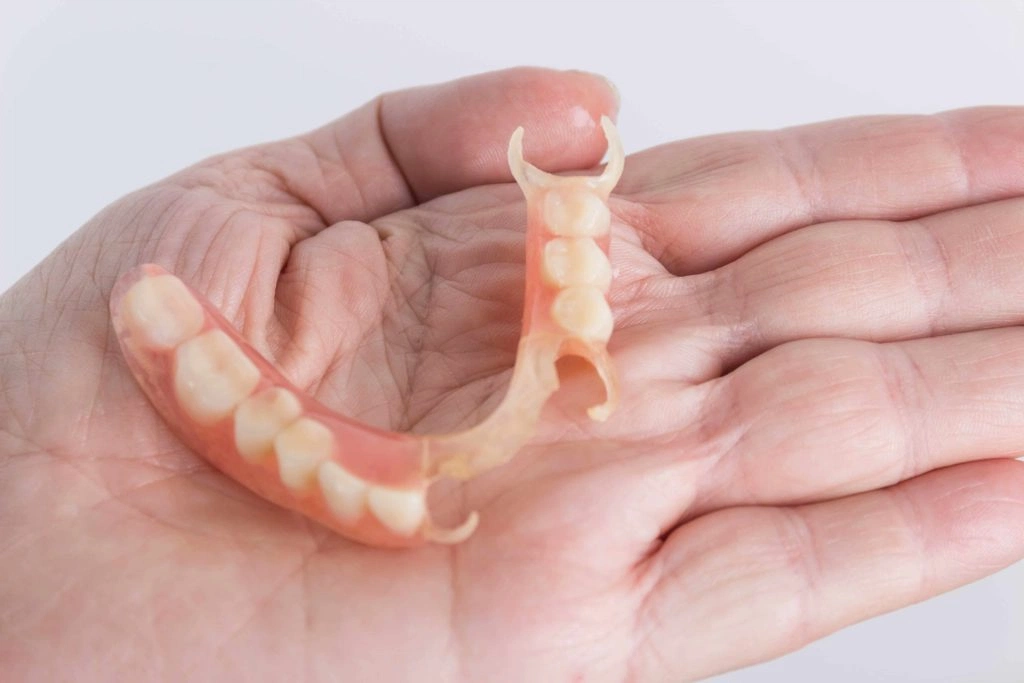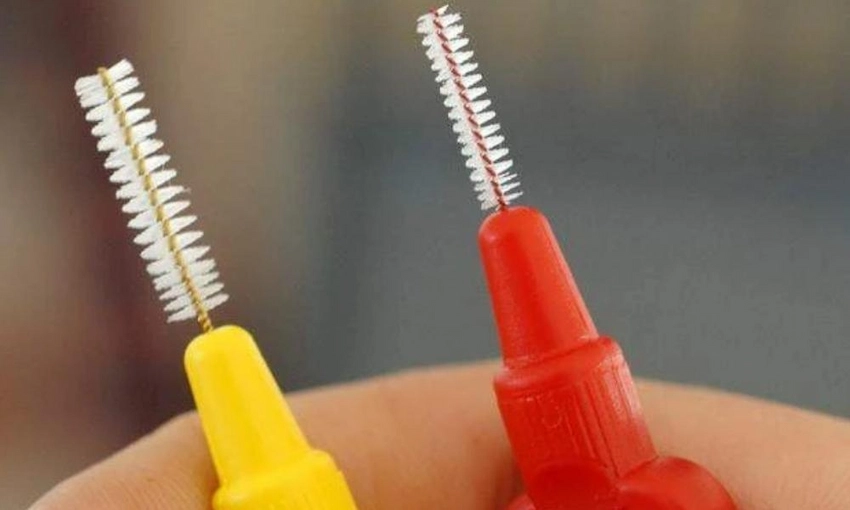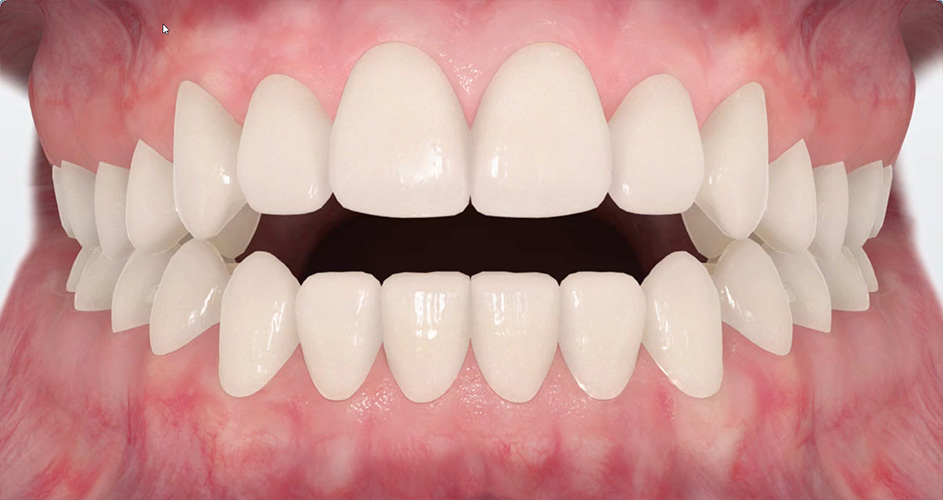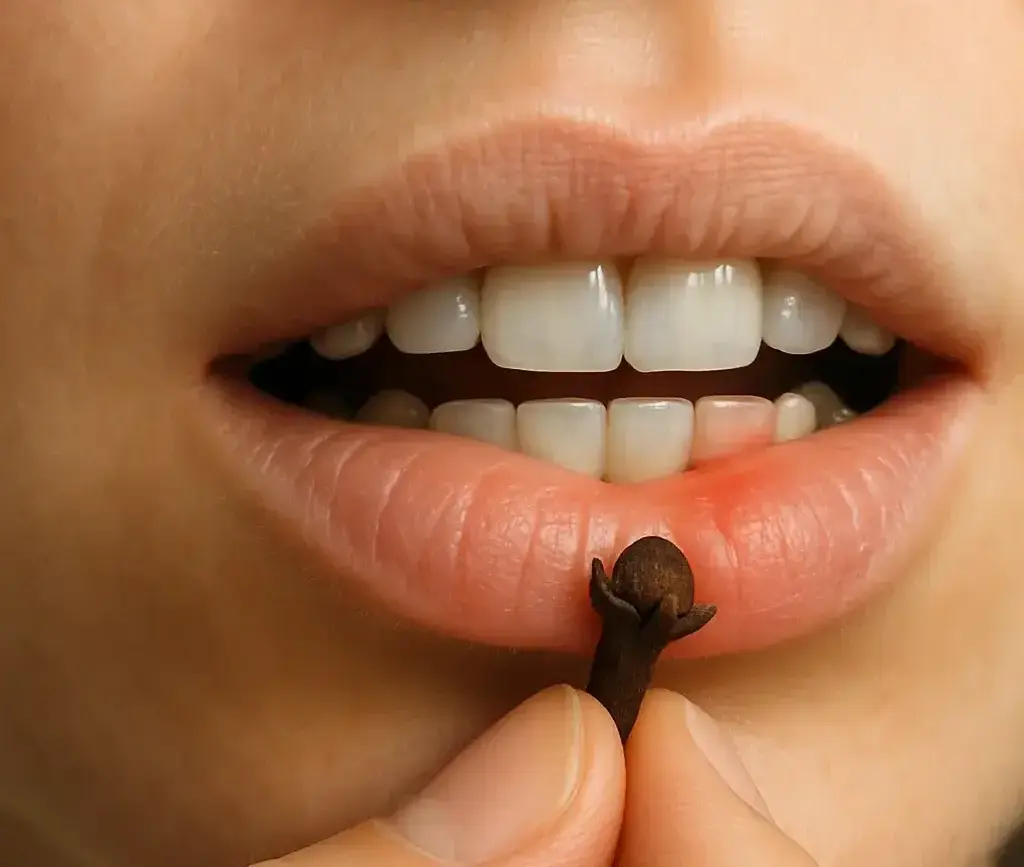Flexible Teeth Dentures: Everything You Need to Know
Are you fed up with uncomfortable and ineffective sets of false teeth that, although effective in attaining their primary objectives, have never once felt like or functioned as if they were a part of you? Your problem might be solved at last by the flexible teeth dentures that are on offer. Unlike traditional false teeth, which can be a pain or out of place in the mouth, these upcoming dental devices have a soft structure that tends to conform to the mouth’s entrance, to stay put and to feel ‘normal’ when you speak, eat, or smile.
In this blog, we will respond to the most highly posed concerns regarding flexible dentures while helping together with the factors that will inform your decision as to whether they would represent the right option for your smile.
What Are Flexible Teeth Dentures?
Flexible teeth dentures are a certain type of removable partial denture made from a material that is very soft and pliable, namely thermoplastic, and is not as rigid as conventional ones made from hard acrylic. This helps them take the shape of the mouth better during the speaking and chewing process, and hence, its eventual wearing in is better than in the case of traditional dentures. It proves during use that they are not as uncomfortable and are easier to notice than conventional dentures.
If you have sensitive gums, an uneven bone structure, or allergies to metal or other materials, this type of denture is perfect for you. Their adaptation to the bony structure of the mouth and the extreme gum area serves to lessen pressure points and, as such, makes them easier to wear and use the teeth during their daily life.
How Are Flexible Dentures Different from Traditional Dentures?
The first and most significant difference can be found between the two types of dentures in that of material and comfort.
- Traditional dentures are well known for their rigidity and often have non-easily concealed metal clasps. Still, such parts can be uncomfortable and difficult to wear for prolonged periods of time, especially when worn by sensitive gum individuals. Since fixed teeth fit more naturally in the natural body like teeth, other components, such as clasps and other parts, tend to cause discomfort and irritation.
- On the other hand, while flexible dentures have clasps and other components, they do not have these. Flexible dentures allow for some give, reducing pressure points and adapting to your natural anatomy, making them comfortable to wear. They do not think of themselves as extraneous teeth and can dissolve in your daily life and processes.
Who Is a Good Candidate for Flexible Dentures?

You are a possible candidate if:
- You have lost one or more teeth.
- You are looking for a more comfortable and inconspicuous alternative to metal-based dentures.
- You experience problems with hard acrylic dentures or have a gum irritation condition.
Talk to a prosthodontist or cosmetic dentist to decide if your case is the right one for flexible teeth dentures.
Are Flexible Dentures Comfortable?
Yes, Flexible Dentures are very comfortable. One reason that people rely on this type of denture is because of its support and comfort. They are made of soft and adaptable material that fits properly, which leads to a reduction in friction and sore spots inside the mouth. The patients feel very comfortable on Flexible Dentures, especially while talking and eating. They can speak clearly because their dentures do not slip in their mouths.
Do Flexible Dentures Look Natural?
Absolutely, and that is one of the high points about flexible dental prostheses. The design of these appliances should give them the appearance of being part of your natural gums and teeth; hence, it would be difficult for anyone looking at you — even when you smile — to detect any dental prosthetic in your mouth. This results in their being among the most attractive of all denture types available.
How Long Do Flexible Dentures Last?
With good care and proper maintenance, these prosthetic appliances could last anywhere between 5 to 8 years, or even more, in some cases. Although more resistant to breaks than other types of dental prosthesis, they still need regular cleaning and maintenance to make sure that they last as long as possible.
How Do You Clean Flexible Dentures?
But cleaning these dental appliances could not be easier, as one only needs to follow these procedures:
- First, rinse the teeth after every meal in order to get rid of food particles that could have stuck on them.
- Brush them gently with a soft denture brush and mild cleaning agents. Never use toothpaste as its abrasiveness may damage the material.
- At the time of sleeping, soak the prosthetic in a solution recommended by your dentist.
And never use hot water on these flexible dentures as it may distort their structure.
What Are the Pros and Cons of Flexible Dentures?
The Flexible Dentures have several benefits which make them quite convenient to use. Mentioned below are some of the main beneficial aspects of Flexible Dentures.
Pros:
- Extremely comfortable
- No metal parts
- More natural appearance
- Durable and fracture-resistant
Cons:
- Not suitable for full dentures
- More expensive than basic acrylic versions
- Harder to adjust or repair
Final Thought: Are Flexible Teeth Dentures Worth It?
When patients want dentures that are easily comfortable without being cumbersome, flexible teeth dentures are the ones to go for. They are the optimal combination of attractiveness and efficiency, particularly those focusing on a nearly invisible, yet contemporary alternative.
Frequently Asked Questions Flexible Teeth Dentures
They are more often than not more comfortable and have an awesomer appearance, especially in cases of tooth replacement by parts.
Repairs can be tricky due to the material, so replacement is sometimes recommended instead.
Not at all, they are firmly held together with the gums and are created to be used every day without sliding off.
Yes, but make sure you don’t eat too sticky or solid foods so that they are still as they are and can last you longer.
They do stainless fairly right if properly maintained and cleaned—just refrain from coffee, tobacco, and red wine.




